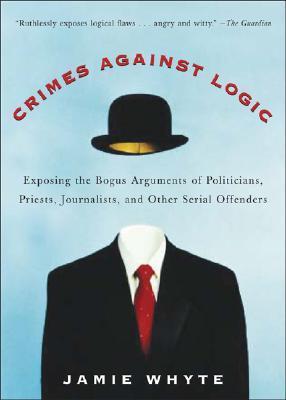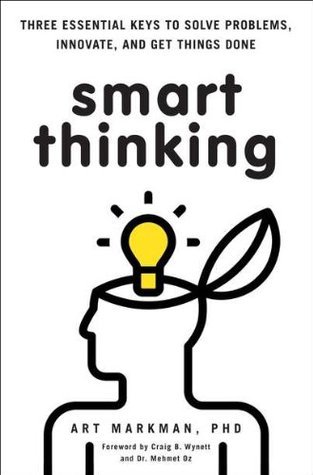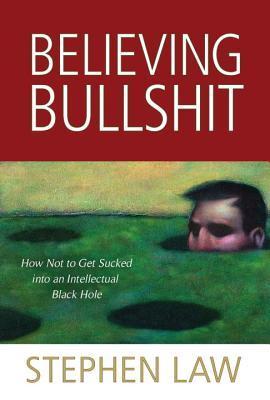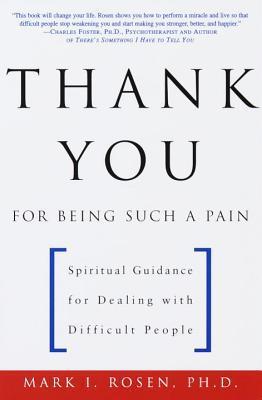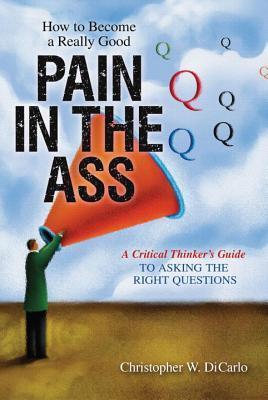
How to Become a Really Good Pain in the Ass: A Critical Thinker's Guide to Asking the Right Questions
Book Description
What if being a pain in the ass is the key to unlocking the truth? Christopher W. DiCarlo challenges conventional thinking with a bold, eye-opening guide that empowers anyone to become a master of inquiry. Armed with razor-sharp questions, readers will delve into the heart of critical thinking, dissecting beliefs and unearthing assumptions that shape our world. This isn't just another self-help book; it's a manifesto of intellectual rebellion, urging you to challenge the status quo and ignite meaningful conversations. Are you ready to unleash your inner skeptic and take the first step toward real understanding?
Quick Book Summary
"How to Become a Really Good Pain in the Ass" by Christopher W. DiCarlo is a witty and insightful guide to the art of critical thinking. The book encourages readers to embrace skepticism and curiosity by persistently questioning assumptions, beliefs, and social norms. DiCarlo argues that challenging the status quo is essential for personal growth and a healthy society. Using humor and accessible examples, he teaches readers how to analyze arguments, identify logical fallacies, and avoid being misled by dogma or emotion. The book is both a philosophical treatise and a practical manual for those who want to become more engaged, thoughtful participants in conversations, debates, and everyday life. Emphasizing the importance of rational inquiry, DiCarlo empowers readers to become "good pains in the ass"—individuals who ask the right questions and seek genuine understanding.
Summary of Key Ideas
Table of Contents
The Value of Skeptical Inquiry
DiCarlo begins by highlighting the societal need for skilled inquirers—people who do not blindly accept information but instead probe beneath the surface with sharp, thoughtful questions. He likens becoming a "pain in the ass" to developing a valuable skill that can drive progress, encourage healthy debate, and protect against manipulation. The book introduces readers to the tools of skepticism, revealing why questioning ideas is crucial not only for individuals but also for collective welfare.
Uncovering and Challenging Assumptions
A central message in the book is the importance of identifying and examining assumptions. DiCarlo asserts that many beliefs, values, and opinions rest on unspoken premises that shape individual and societal behavior. By systematically uncovering these assumptions, readers can begin to dissect arguments and understand where biases or errors may arise. DiCarlo provides practical exercises and questions that anyone can use to challenge beliefs—both their own and others’—and to get to the root of complex issues.
Logical Reasoning and Fallacies
The book thoroughly explores the structure of logical reasoning, distinguishing between sound arguments and those riddled with fallacies. DiCarlo explains common logical missteps, such as straw man, ad hominem, and false dichotomies, demonstrating how they cloud discussions and hinder problem-solving. He emphasizes that mastering logical tools is key to effective critical thinking and prevents being easily swayed by rhetoric or misinformation.
Questioning Beliefs and Social Norms
DiCarlo encourages readers to confront cultural, religious, and societal norms with the same scrutiny as other beliefs. He illustrates how social conformity and emotional attachment can obscure reasoning, and he offers strategies for diplomatically challenging these norms without alienating others. Through examples, he shows how asking the right questions breaks down dogma and leads to meaningful, transformative conversations.
Empowering Intellectual Independence
In the concluding sections, DiCarlo empowers readers to embrace intellectual independence. He argues that fostering a habit of inquiry equips individuals to navigate complex debates, make informed decisions, and contribute more thoughtfully to society. Ultimately, the book is a call to action: becoming a "good pain in the ass" is both a radical and necessary endeavor for truth-seeking, personal fulfillment, and societal progress.
Download This Summary
Get a free PDF of this summary instantly — no email required.

